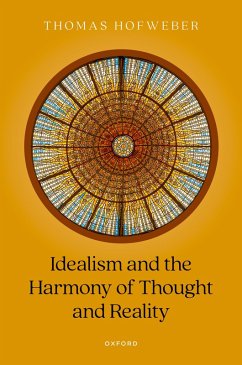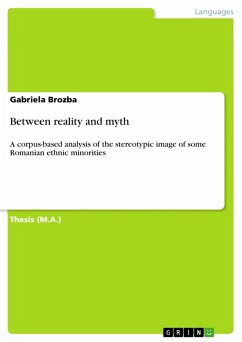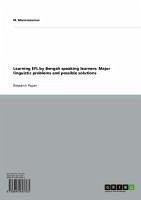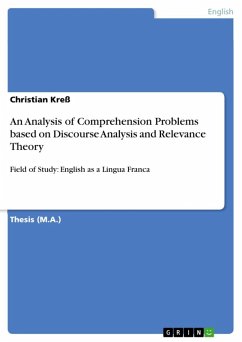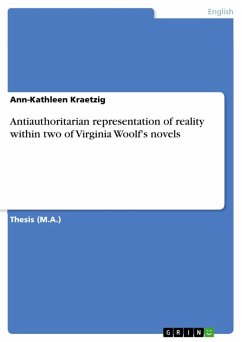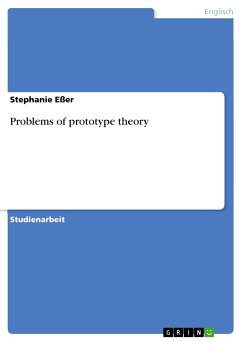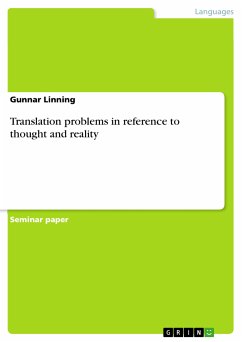
Translation problems in reference to thought and reality (eBook, ePUB)

PAYBACK Punkte
0 °P sammeln!
Seminar paper from the year 2007 in the subject Speech Science / Linguistics, grade: 1,0, Christian-Albrechts-University of Kiel (English Department), course: Basics in Applied Semantics, language: English, abstract: Everybody who is seriously acquiring a language different from their mother tongue (L2-acqusition) has to manage different problems in translating satisfactorily lexemes, phrases and sentences from one language system to another. Learners have to take into account both the denotative and the connotative meaning of the lexemes of the L2-language. Many phrases have to be utilized in...
Seminar paper from the year 2007 in the subject Speech Science / Linguistics, grade: 1,0, Christian-Albrechts-University of Kiel (English Department), course: Basics in Applied Semantics, language: English, abstract: Everybody who is seriously acquiring a language different from their mother tongue (L2-acqusition) has to manage different problems in translating satisfactorily lexemes, phrases and sentences from one language system to another. Learners have to take into account both the denotative and the connotative meaning of the lexemes of the L2-language. Many phrases have to be utilized in fixed forms and are as arbitrary and conventional as words; therefore, they have to be learned like the vocabulary. Furthermore, there is seldom a semantic equivalence between two lexemes of different languages. Taking these facts into account, the structuralism's hypotheses of perceiving every individual language as a system of its own, where each element has significance because of its relation to the other elements in the system, seems convincing (Foley 1997: 105; Loebner 2002: 153). The most crucial representatives of relativistic theories (based on structuralism), like Franz Boas, Edward Sapir and Benjamin Lee Whorf, and their supporters believe in a direct connection between language (which conveys the fundamental ideas of a culture) and thought. They deduce from this hypothesis that because of the differing language systems every language culture has a unique worldview. Indeed, there are problems in perfectly transferring meaning by translation from one language system to another. Yet, can this phenomenon be perceived as evidence for the arbitrariness of lexicalization? Affirming the relativistic hypotheses proven to be true, will we have to negate automatically the universalistic assumptions of rational linguists, such as Noam Chomsky and Anna Wierzbicka, that all languages obey the same principles (Foley 1997: 81-82; Loebner 2002: 161)? My research in the raised linguistic problems will deal with an exploration of different kinds of translation problems first. Afterward, I will demonstrate how these problems are connected to the theories of relativism and universalism, respectively, and discuss the effect that Berlin and Kay's investigation of color terms had on relativistic and universalistic assumptions. Finally, I will give a summarizing conclusion.
Dieser Download kann aus rechtlichen Gründen nur mit Rechnungsadresse in A, B, BG, CY, CZ, D, DK, EW, E, FIN, F, GR, HR, H, IRL, I, LT, L, LR, M, NL, PL, P, R, S, SLO, SK ausgeliefert werden.




